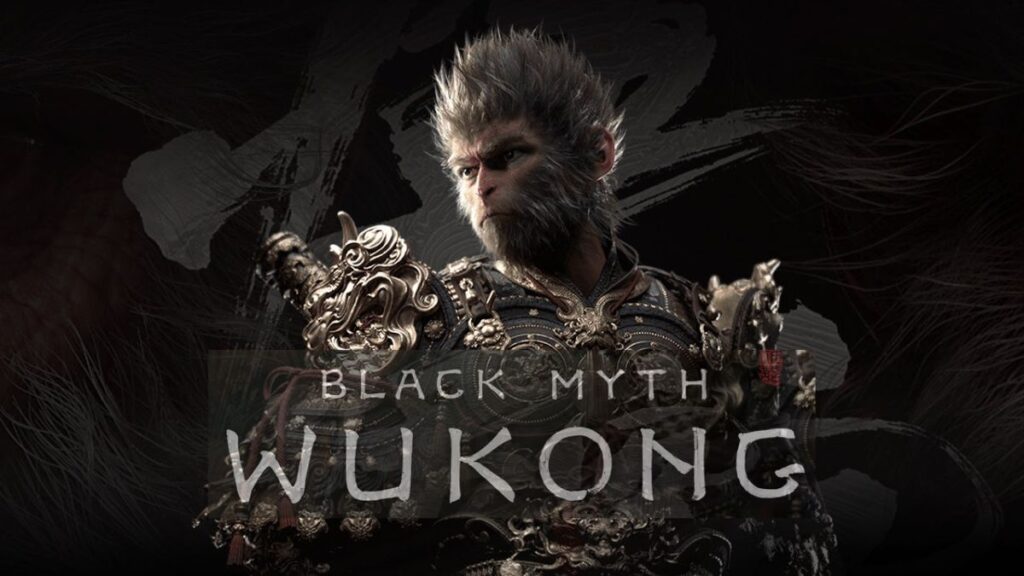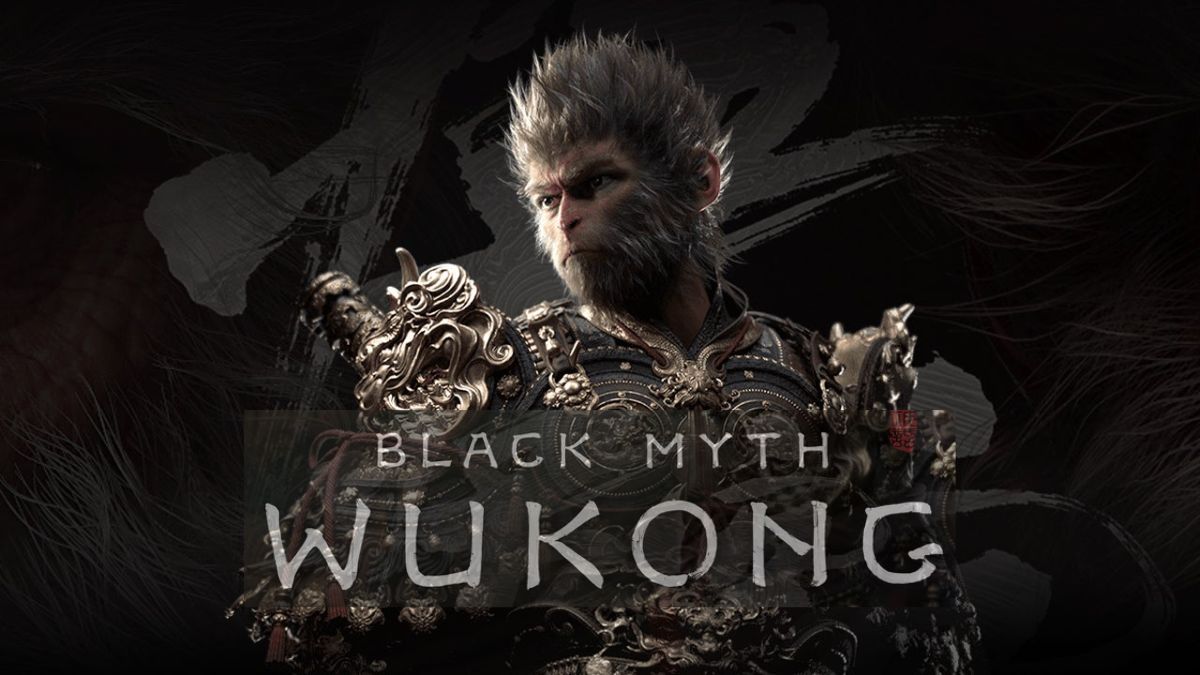
Karnasubarna’s Ancient Roots Meet Modern Gaming: The Rise of “Black Myth: Wukong”.
In the Murshidabad district of India there is a place known as Karnasubarna, which is a much lesser-known destination, and is also home to the ruins of an ancient Buddhist learning center called Raktamrittika. The renowned Chinese traveler Xuanzang, who visited India in the seventh century had also mentioned this place in his travelogues. While Karnasubarna remains an unknown destination, Xuanzang’s era has recently gained attention among younger generations worldwide, thanks to the newly launched video game, “Black Myth: Wukong.”
A Chinese company named “Game Science”, has developed “Black Myth: Wukong”, which created waves in the global gaming industry. The game is of an action-adventure genre and was released on platforms like PlayStation 5 and PC. Within few weeks of the launch, the game quickly became the second-most popular game on Steam, a digital distribution service for video games. The game’s rapid rise in popularity is a testament to the growing influence of Chinese video game developers, who are beginning to compete with Western gaming studios traditionally dominating the industry.
Game Science is supported by Tencent Holdings. The company which developed “Black Myth: Wukong” is said to have invested a substantial budget on its development, over $50 million. The game has been declared as China’s first “AAA” title, a designation for high-profile, sophisticated games with large budgets. The game is mainly inspired by a classic novel “Journey to the West”, which was first published during the 16th century by the Ming Dynasty. The game is not particularly about Xuanzang’s travels but instead focuses on the legendary character Monkey King, or Sun Wukong.
“Black Myth: Wukong” Breaks Records.
In “Black Myth: Wukong,” players assume the role of the Destined One, a monkey warrior tasked with recovering six relics of Wukong that have been lost. Armed with a staff that can change size—based on the magical weapon Ruyi Jingu Bang from the novel—players embark on an adventure across six chapters. Although the game is set in China, it retains some mystical elements from the book. For example, the Monkey King confronts six robbers, who symbolically represent the six senses in Buddhist philosophy.
Game Science has made a remarkable commercial success by releasing this game, and sold over 10 million copies within the first 83 hours of its release, making it one of the fastest debuts in the video game industry’s history. At its peak, it had three million concurrent users across PC and PlayStation platforms. While the exact speed at which it reached the 10 million mark, compared to other blockbuster titles like “Elden Ring” and “Hogwarts Legacy,” remains unclear, “Black Myth: Wukong” stands as a significant achievement, proving that a Chinese-developed, single-player game can stand toe-to-toe with the industry’s heavyweights.
“Black Myth: Wukong” Faces Controversy amidst Success and Controversial Policies.
However apart from its success, the game “Black Myth: Wukong” has been continuously in controversy. Game Science’s guidelines for content creators have raised eyebrows, particularly a request to avoid discussing politically sensitive topics such as “feminist propaganda” and Covid-19. This move, perceived by some as censorship, has not significantly impacted the game’s sales, but it has sparked debate about freedom of expression in the gaming community. Moreover, the company’s founder has previously made sexist remarks, which also stirred controversy; however, these issues seem not to have dampened the enthusiasm of gamers.
Another interesting aspect in launching of “Black Myth: Wukong” is its pricing strategy. The game has been priced at around $38 in mainland China and Hong Kong. The game’s performance has boosted expectations for China’s gaming market, which is worth over $40 billion. Other than “Black Myth: Wukong“, several other games were also released during the summer release season. Some of the major launches were: indie studio Mihoyo’s “ZZZ”, Tencent’s “DnF Mobile”, and NetEase Inc.’s “Naraka: Bladepoint Mobile”.
“Black Myth: Wukong” Signals China’s Rising Influence in Global Gaming and Strengthens National Pride.
Microsoft has also expressed excitement about the game’s success and plans to bring “Black Myth: Wukong” to Xbox Series XIS. A spokesperson from Microsoft emphasized their commitment to making Xbox the best platform for gamers. The game provides a visually stunning recreation of historical Chinese temples and landscapes, which resonate deeply with national pride. One of the founders expressed a “simple love” for the country in a documentary by Xinhua, China’s state news agency, which was released on the eve of the game’s debut.
The Game “Black Myth: Wukong” represents a significant milestone for China’s gaming industry. It showcases the potential for Chinese developers to create high-quality, globally successful games that can rival those from established Western studios. With its roots in classic Chinese literature and culture, the game not only entertains but also fosters a sense of national pride, marking a new chapter in the evolution of video games.
To read more topics, please visit: https://insightfulbharat.com

